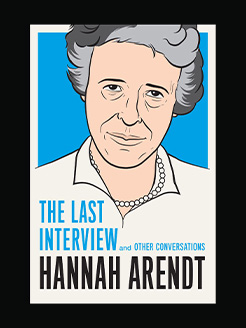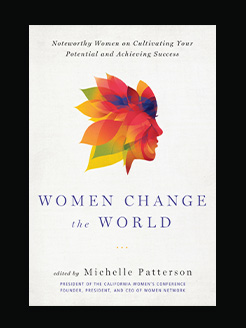Published in 2019
243 pages
Dr Anne Unkenstein, PhD is a clinical neuropsychologist who has focused on working with people who experience changes in their memory. For over 25 years, Anne worked in a memory clinic at a large city-based public hospital in Melbourne. Her clinical work involves assisting with the diagnosis of memory illnesses, and helping both people with dementia and their families adjust to memory loss. Anne has also worked in public and private inpatient and community-based psychiatric health services and consults in private practice. She holds an honorary position within the Department of Psychiatry at the University of Melbourne, and has been involved in the education of graduate neuropsychologists and psychiatrists. Anne’s recent research, based at the Royal Women’s Hospital in Melbourne, focused on women’s experience of memory during the menopause transition and enhancing women’s memory self-confidence through the provision of memory strategies group programs. Anne has presented her research at Australian and international scientific conferences and published her work in international journals and books. She has made educating the community about memory a priority throughout her career, making contributions to written information about memory and dementia in newsletters, on websites and ‘help sheets’, and giving regular presentations through Dementia Australia, Council on the Ageing, community organisations, TV and radio talkback.
What is this book about?
Does your memory change as you get older? It’s common to be concerned about memory lapses, but how do you know if memory difficulties are normal or the beginnings of something more serious? Can dementia be prevented?
Memory-wise explains how memory works and the changes that can occur as we age. It explains the sort of health, attitude and lifestyle factors that can lead to fluctuation in memory and provides practical tips to minimise their effects.
Based on current research, Memory-wise examines memory during menopause and includes easy-to-follow suggestions for maintaining brain health, along with strategies for supporting memory in early dementia.
We can all become more confident in managing memory. Memory-wise will help you to understand and nurture the most precious of resources – your memory.







